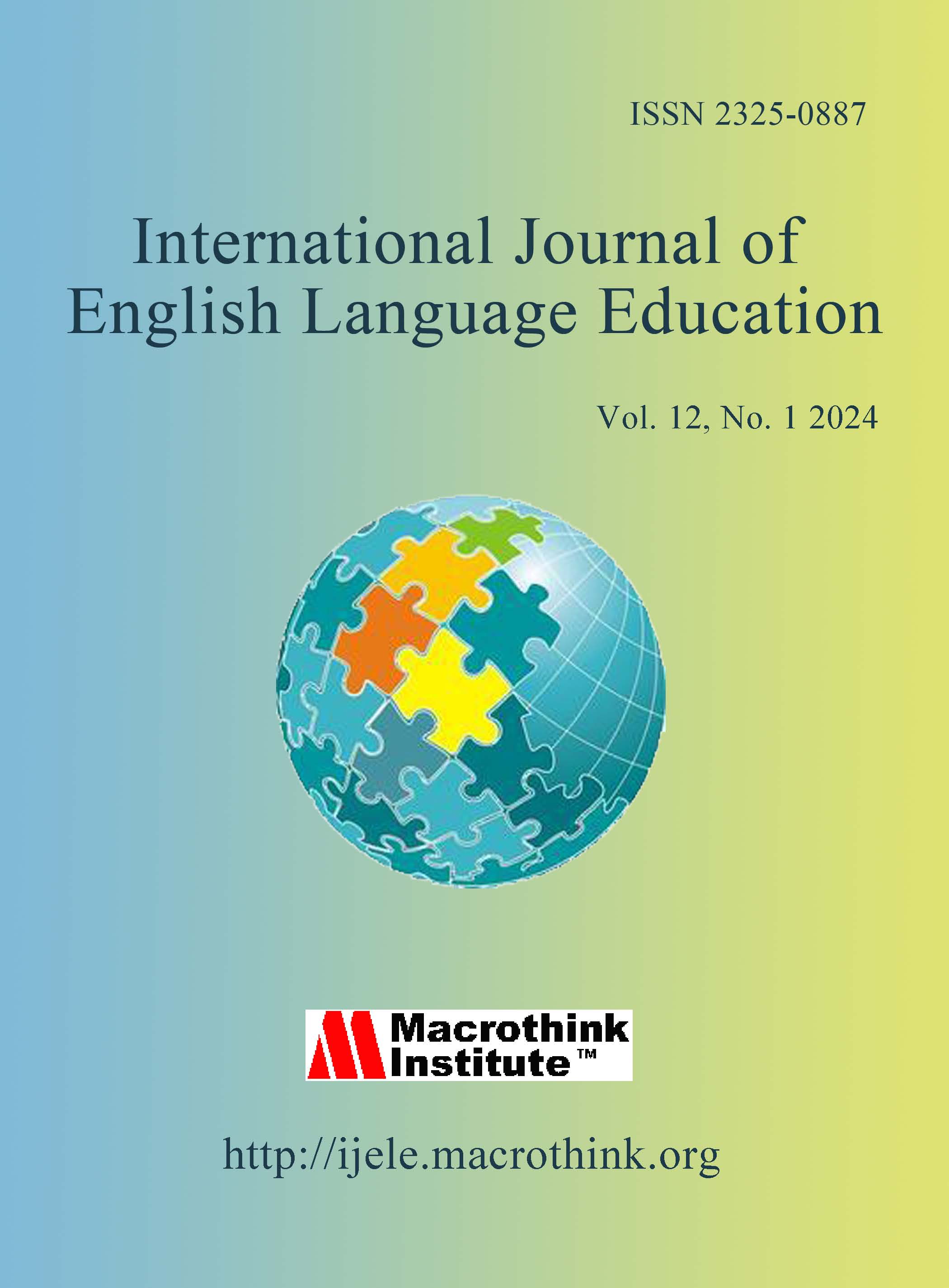Macao College Freshman Students’ Beliefs and Intentions regarding Learning English as a Foreign Language (EFL): A Theory of Planned Behaviour Perspective
DOI:
https://doi.org/10.5296/ijele.v9i1.17969Keywords:
English learning intention, attitude, Subjective norms, perceived behavioural control, the theory of planned behaviourAbstract
This paper investigated Macao college freshman students’ English learning under the framework of the Theory of Planned Behaviour (TPB), and a total of 544 valid questionnaire responses were collected for the analyses. Factors like attitudes towards English learning, subjective norms, and perceived behaviour control of Macao college freshmen were analysed with varimax rotation using Principal Component methods. Gender and previous learning places have a significant difference in those factors and their learning intention. The findings showed that the TPB explained Macao college freshman students’ English learning beliefs and attitudes. This study provides valuable implications for ways to increase student attitude. English instructors should understand freshman students’ English learning intention and adopt efficient teaching methods to increase their motivation.




